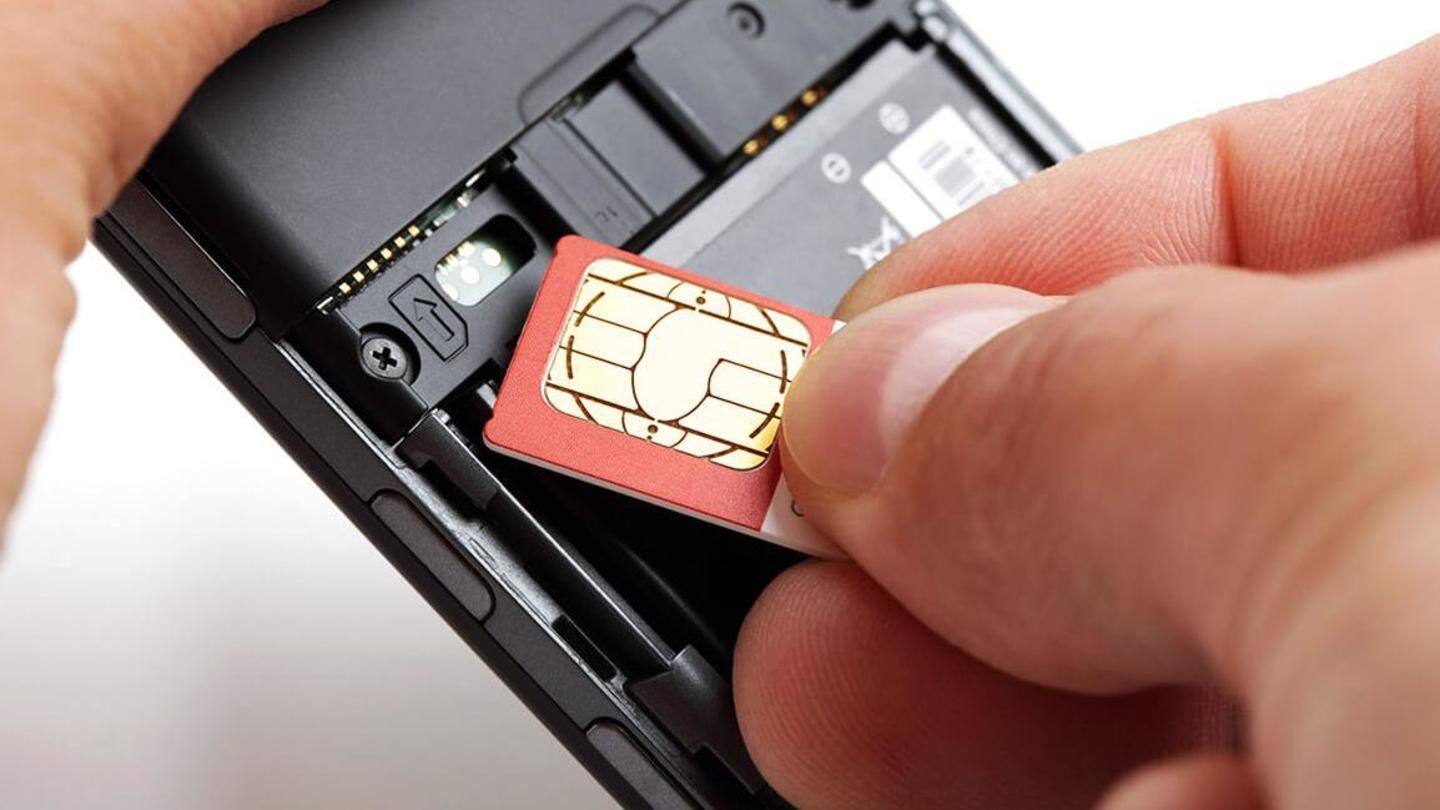
'We never ordered mandatory SIM-Aadhaar linking': SC slams Center
What's the story
For months, the government kept urging telcos to link subscribers' SIM cards with Aadhaar. In turn, telcos kept harassing customers with constant messages.
The SC has now revealed it had never ordered mandatory SIM-Aadhaar linking, as the government's circular cited.
Interestingly, Senior Advocate Rakesh Dwivedi, appearing for the government, agreed, but defended Aadhaar, arguing banks and telcos have much more information than UID.
Lokniti case
What was the Lokniti Foundation case?
Last February, the Lokniti Foundation had sought a mechanism to ensure verification of all mobile phone users in the country.
The government had submitted that the DoT had launched an Aadhaar-based e-KYC process for issuing SIM connections, where authentication will be based on the consumers' biometrics.
The SC had ruled that "within one year, a similar verification will be completed for existing subscribers."
SC
You used SC order as a tool: SC chides government
The order didn't make it mandatory to link SIM with Aadhaar, yet the government circular was titled 'Implementation of orders of Hon'ble Supreme Court regarding 100% e-KYC-based verification.'
"In fact, there was no such direction from the SC, but you took it and used it as a tool to make Aadhaar mandatory for mobile-users," the bench said, while hearing the ongoing case against Aadhaar.
Telegraph Act
Government cites Telegraph Act, SC says not applicable to subscribers
In response, Dwivedi said the Telegraph Act gave "exclusive power to central government to decide license conditions" of service providers.
Moreover, "the measure is reasonable in the interest of national security."
But the SC pointed out that the Telegraph Act was an agreement between the government and service providers.
"How can you (DoT) impose condition on service recipients for seeding Aadhaar with mobile phones?"
Other entities
Facebook, Google, banks have much more data than Aadhaar: Government
Dwivedi also showed the bench a mobile app that had detailed personal information about him.
Facebook and Google process "tremendous amount of data," and even banks have a much "bigger database" about citizens, he said.
"Every transaction as to what I purchase by using cards, all this information is with banks. Aadhaar doesn't tell all this."
Yet only Aadhaar is targeted, he said.
Arguments
'Only risk surrounding Aadhaar data is targeted advertising'
The most that Aadhaar information can be used for is targeted advertising, Dwivedi said, which is happening already.
"Vodafone can do targeted advertising using data which is already happening without Aadhaar. Vodafone has far more demographic data about an individual than UIDAI."
Concluding, he said the Aadhaar database is safe, the data was encrypted and held offline, and there's no chance of data breach.